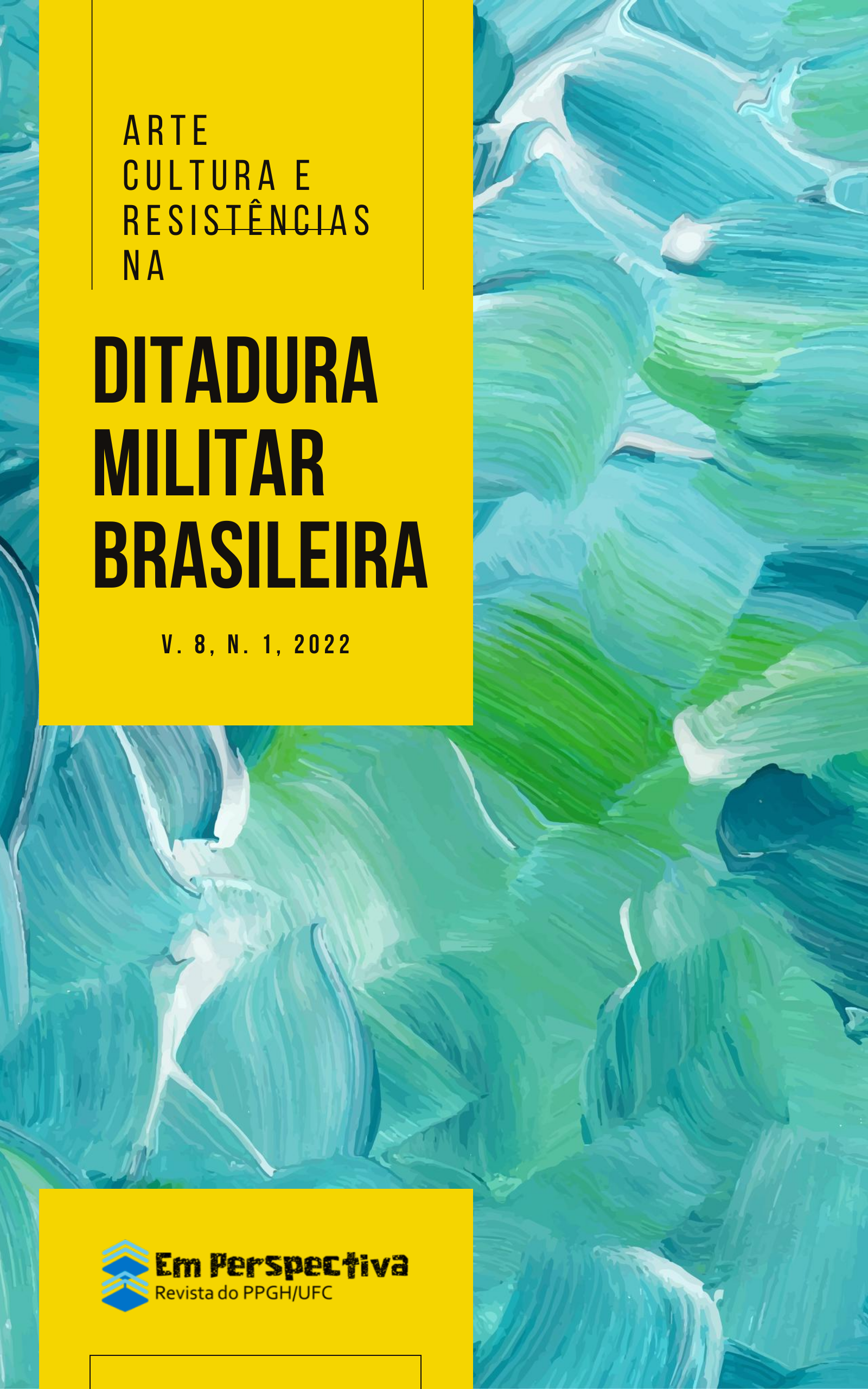Reception of the Philoctetes myth in Brazilian Military Dictatorship
Carlos Henrique Escobar’s Ramom, o Filoteto Americano
Keywords:
reception, Brazilian Military Dictatorship, PhiloctetesAbstract
This paper analyzes the play Ramom, o Filoteto Americano (1975) by Carlos Henrique Escobar, written at the time of the Military Dictatorship in Brazil and winner of the Concurso Nacional de Dramaturgia award, from the perspective of classical reception in order to examine how the playwright makes use of Greek myth in a repressive context. Escobar resignifies the main elements of Sophocles’s Philoctetes to portray feelings of distress in a repressive dictatorship. The paper shows how Ramom is a meaningful critical play that resignifies Philoctetes’ disease in Ramom’s tortured body, echoing the suffering of a repressive, colonized society. It highlights research possibilities in a complex play that leverages Greek legacy in order to explore important themes in an authoritarian moment, which were not noticed by censors due to its radical performance structure and bold writing.
Downloads
Published
How to Cite
Issue
Section
License
Copyright (c) 2021 Mateus Dagios

This work is licensed under a Creative Commons Attribution-NonCommercial-NoDerivatives 4.0 International License.


1.png)

.png)
2.png)
.png)


.png)


.png)
1.png)
2.png)
